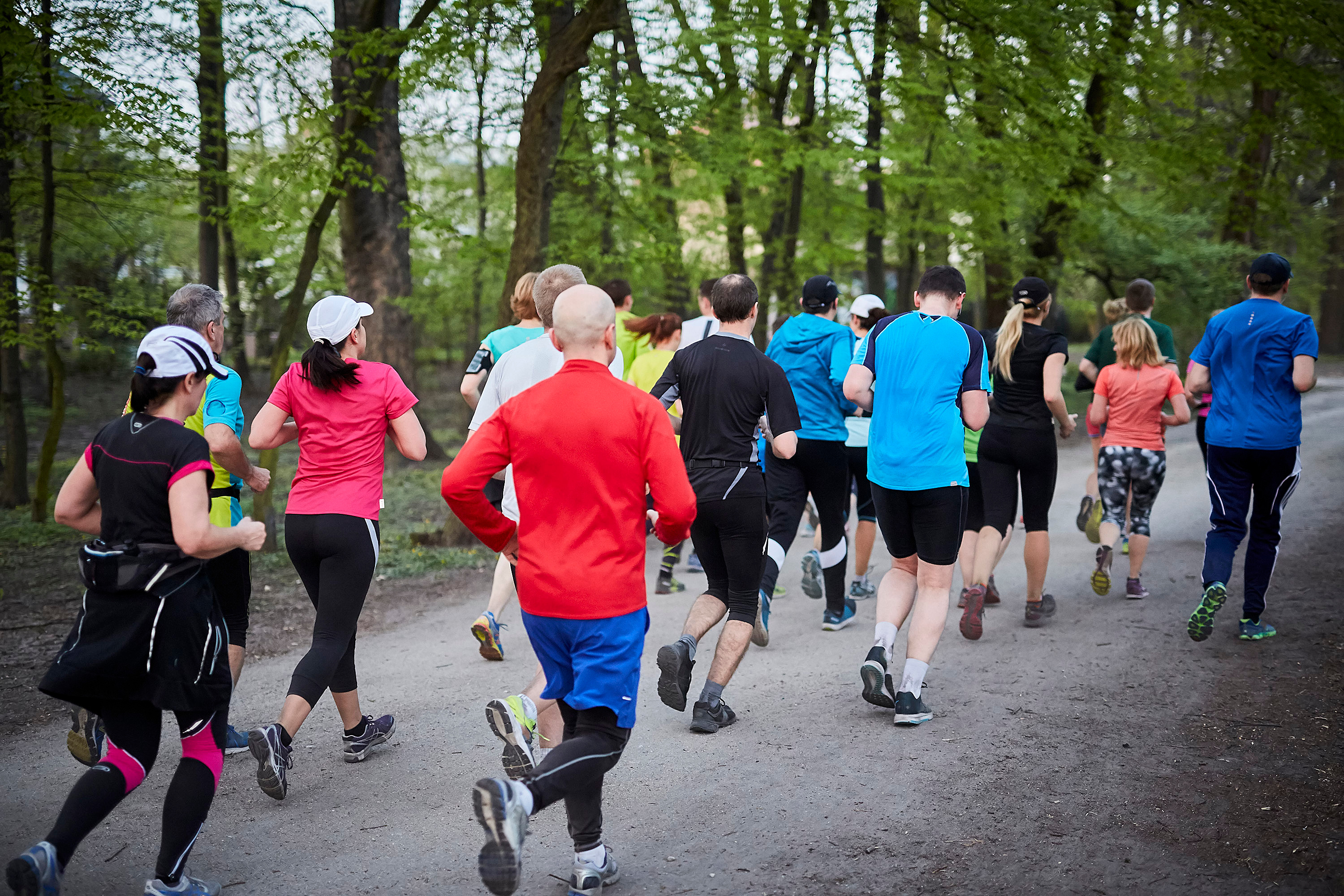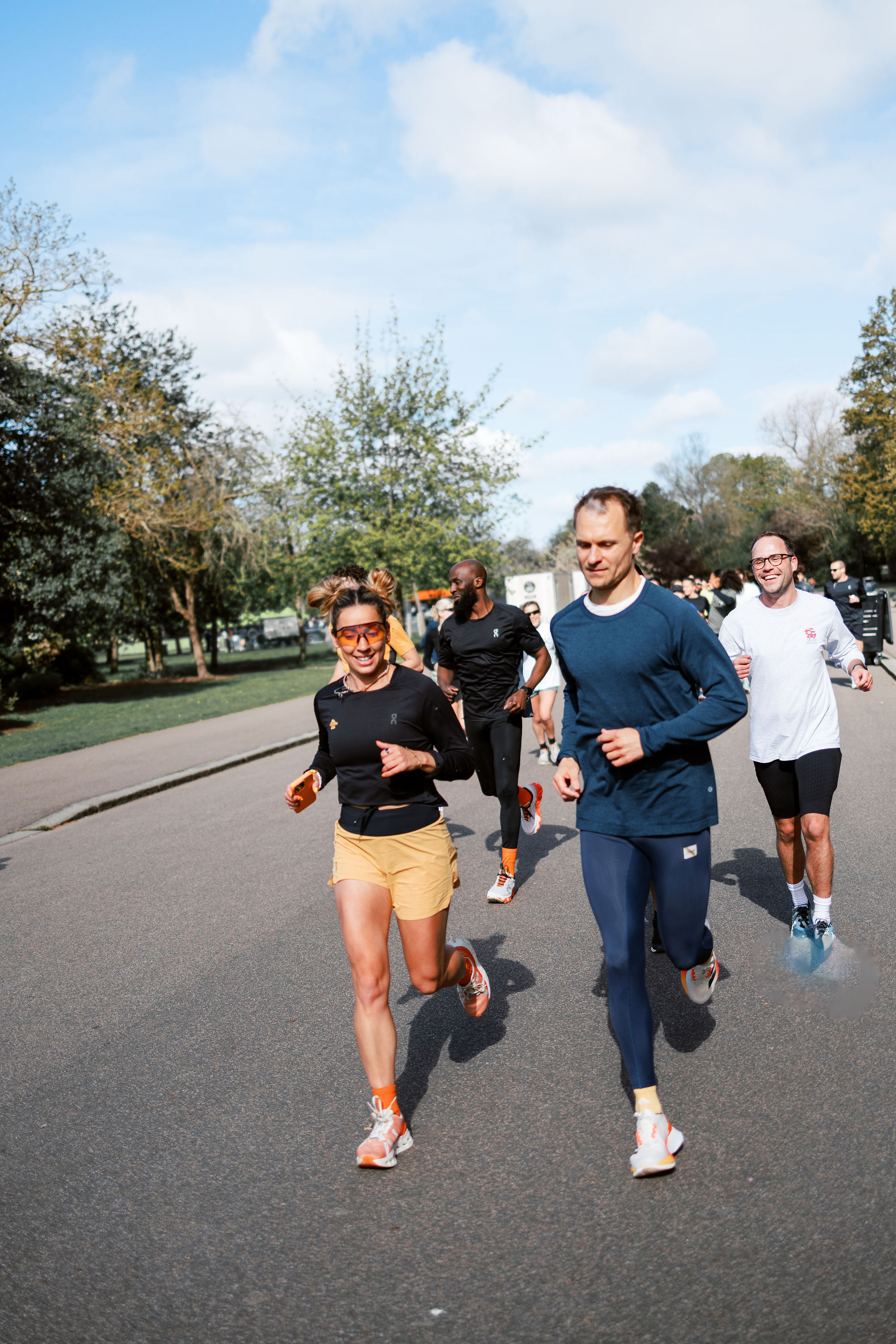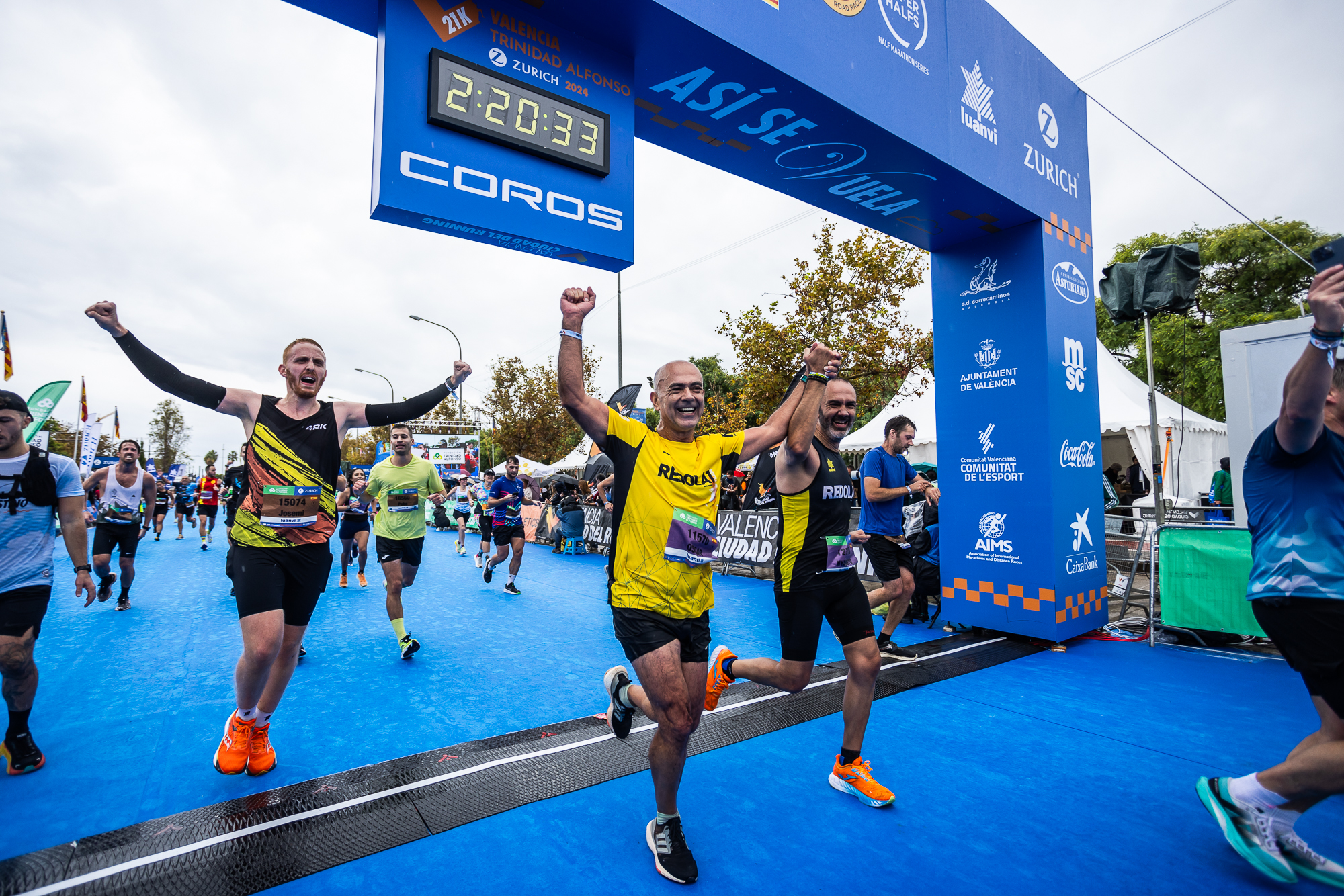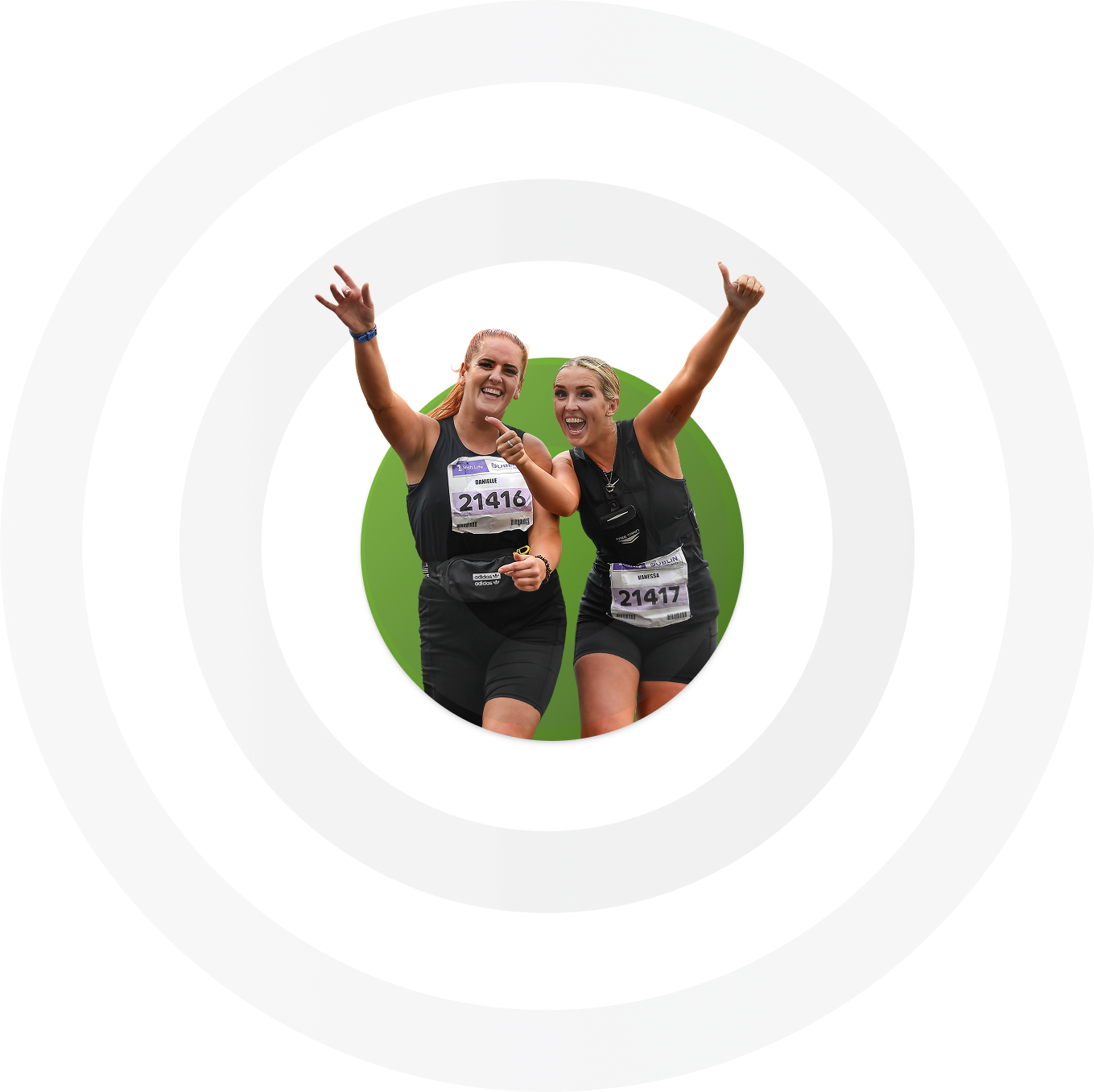As a runner, you always need to think about your safety. Here are a few basic precautions you can take that will keep you safe when running.
Plan your routes carefully
- Circular routes are safer to run because you don't have to retrace your steps.
- Try and avoid deserted areas or places where people could easily conceal themselves, when running. e.g.paths surrounded by bushes or areas where it would be difficult to see or hear you if you fell or had an injury.
- Choose well lit, populated routes, especially if you are running after dark.
- Look for places on or near your run route where you could be sure of finding people and where you could call for help.
- If possible, check out your running route first on foot or by car. Look to see if there are other people using your run route – this is a good sign.
- See if you can run with a friend or in a group. Running clubs operate in many areas and they will know good, safe routes. Most clubs have a good mix of abilty groups and are a great way of discovering great safe running routes.
- Before agreeing to run with someone, take time to get to know and trust them.
- If possible, tell someone what run route you are going to take and when you expect to return. You could arrange to contact them on your return, in which case you need to make sure they know what to do if you don't contact them.
What to take when out running
- Think about what you wear when you run. Some sportswear can attract unwelcome attention.
- Keep expensive watches or jewellery out of sight or take them off when running.
- Avoid hooded tops, caps or anything else that restricts your vision when out running.
- Headphones may prevent you from hearing trouble approaching and distract you from your surroundings. Expensive equipment could also make you a target for thieves. If you really want to listen to music why not use just one headphone when you're running?
- A secure pocket or runner's pouch is a good way of keeping things out of sight and safe.
- A mobile phone will enable you to call for help or alert someone to a change in your run plans.
- Take some money or a travel card so that you can get home if you are unable to walk or run there.
- Carrying a personal safety alarm will give you extra confidence and setting it off will shock and disorientate an attacker giving you time to get away. You need to keep your alarm handy, preferably clipped to your side and make sure that it is at least 130 decibels loud.
- Carry some ID with you - Accidents can happen and if something occurs when you are out running, how will someone know who to contact. A business card or piece of paper slipped in your pocket will suffice.
- If your routes take you far from home and where it is very isolated, then you may need to take with you waterproofs, hat, gloves, whistle and compass, and something to eat, just so you are not caught out by sudden unexpected changes in the weather.
- During the winter, when short daylight hours mean that you can't always run when it is light, you need to take a few extra precautions to keep you safe in the dark. Dark clothes can make you virtually invisible to motorists, so wear bright clothing, or items with reflective strips.
- If some of your routes are along darker areas, or where there is no lighting whatsoever, you could try a head torch which will light up both you and your path.
When out running, jogging or walking
- Try and be aware of everything that is going on around you and especially ahead of you. The earlier you see a problem the more chance you have of avoiding it.
- Pay attention to your instincts. If something doesn't look or feel right then get away from the situation as quickly as possible.
- Only push yourself within your own running fitness levels. If trouble arises you need to have enough energy in reserve to get away.
- A good warm-up will help prepare you for a run but if you do feel ill or have you hurt yourself then don't try and go on. Find a safe way to get home and avoid dangerous short cuts.
- If you are running with other people make sure nobody is left alone at the back. If someone cannot continue, escort them home or to the nearest form of transport.
- Try and vary your run route and the time that you go out.
- If you are running or walking beside roads then face towards oncoming traffic and avoid parked cars with someone in them.
- Never accept lifts from people you don't know or completely trust no matter how tired you are.
- If you see a way in which your route could be made safer, for example cutting back vegetation or improving street lighting then why not tell your local authority and get it fixed?
If you feel threatened when out running...
- Try not to panic. Exhale, so that you can breathe properly and reduce tension. This will help you think clearly.
- If possible, get away from the situation and head for a public place where you are likely to find people and where you could summon help.
- If you are threatened for your possessions remember that your personal safety should be your number one priority. Possessions are replaceable and giving them up is often the only sensible course of action to avoid getting hurt.
- If you are trapped, your voice is often your best defence. Make as much noise as possible and shout a specific instruction such as 'call the police' so people know what to do.
- If you have a personal alarm, set it off as near to your attacker's ear as possible. Alarms of 130 decibels or more will shock and disorientate an attacker and can give you vital seconds to get away.
- Verbal abuse can be very insulting but it is usually best to ignore it and keep going. If you feel threatened, head for your nearest public place.
- Dogs can be a problem and it is often difficult to tell if they are a threat or not. It is best not to try and run away from them, but to stop and shout and look for the owner and ask them to call their dog.
- Report any incident to the police as soon as possible; you could help prevent someone else from becoming a victim.
It's worth pointing out that running is not a particularly dangerous sport, and a bit of commonsense is all that is required. By doing some of the above should keep you safe and allow allow you to train whether you intend running alone or in the dark.
(N.B The majority of this information was provided by The Suzy Lamplugh Trust, a UK based leading authority on personal safety.)





.png)


